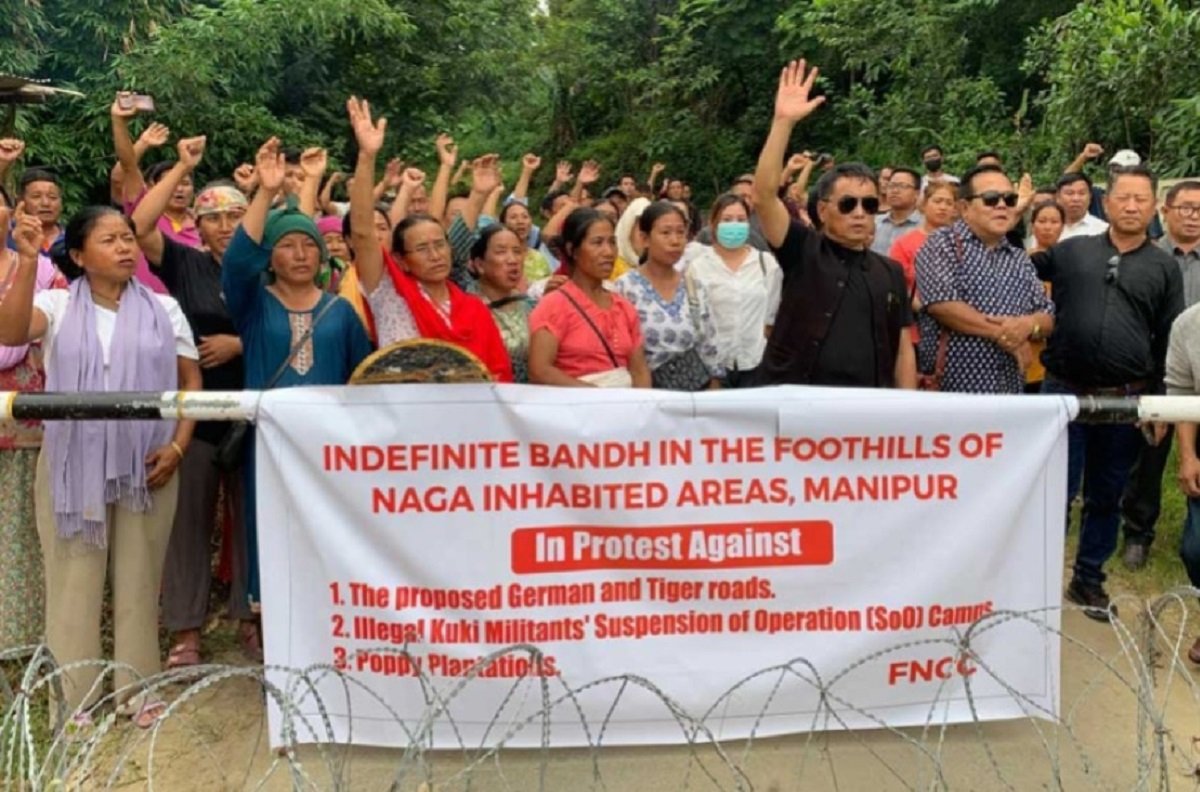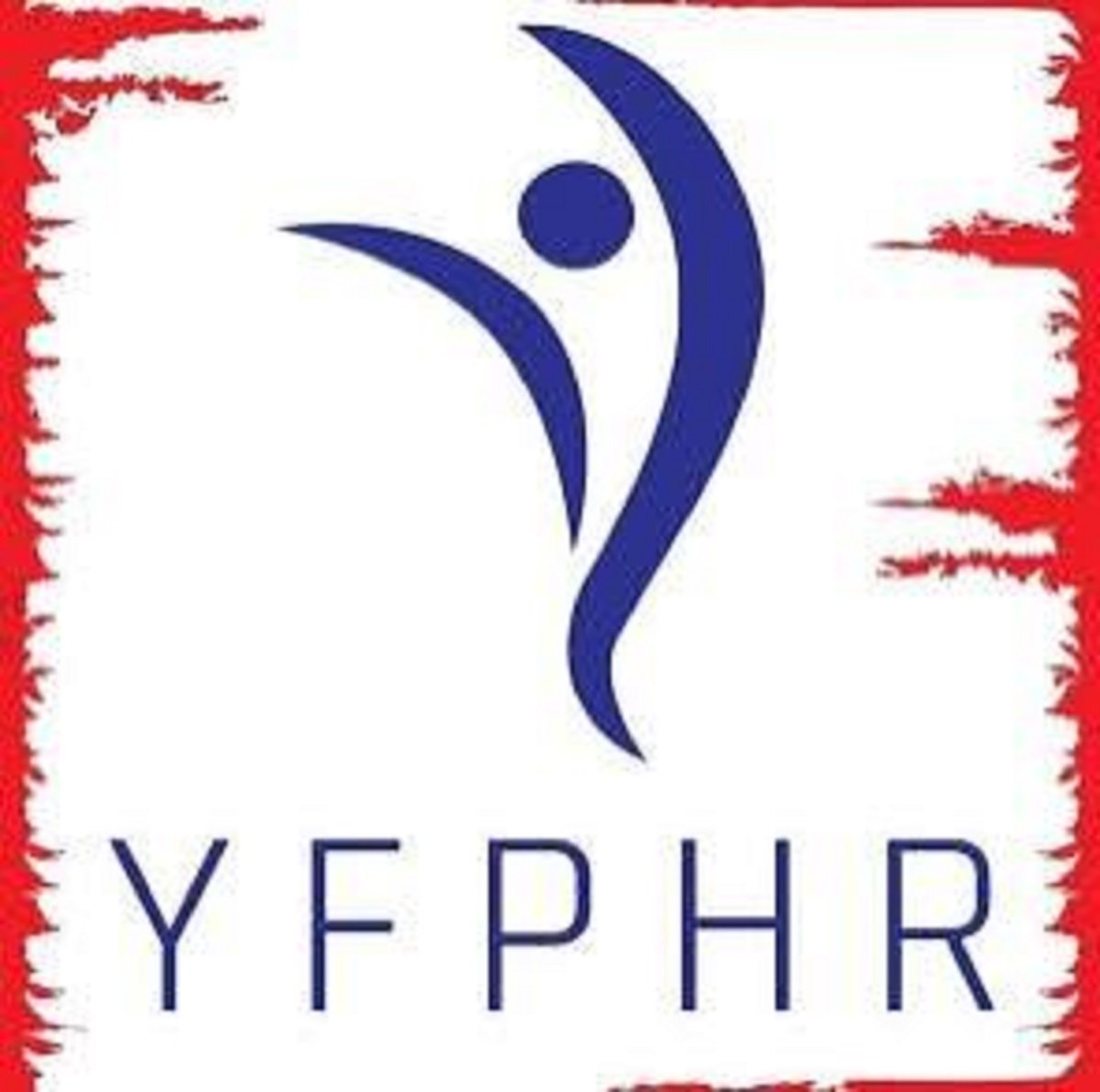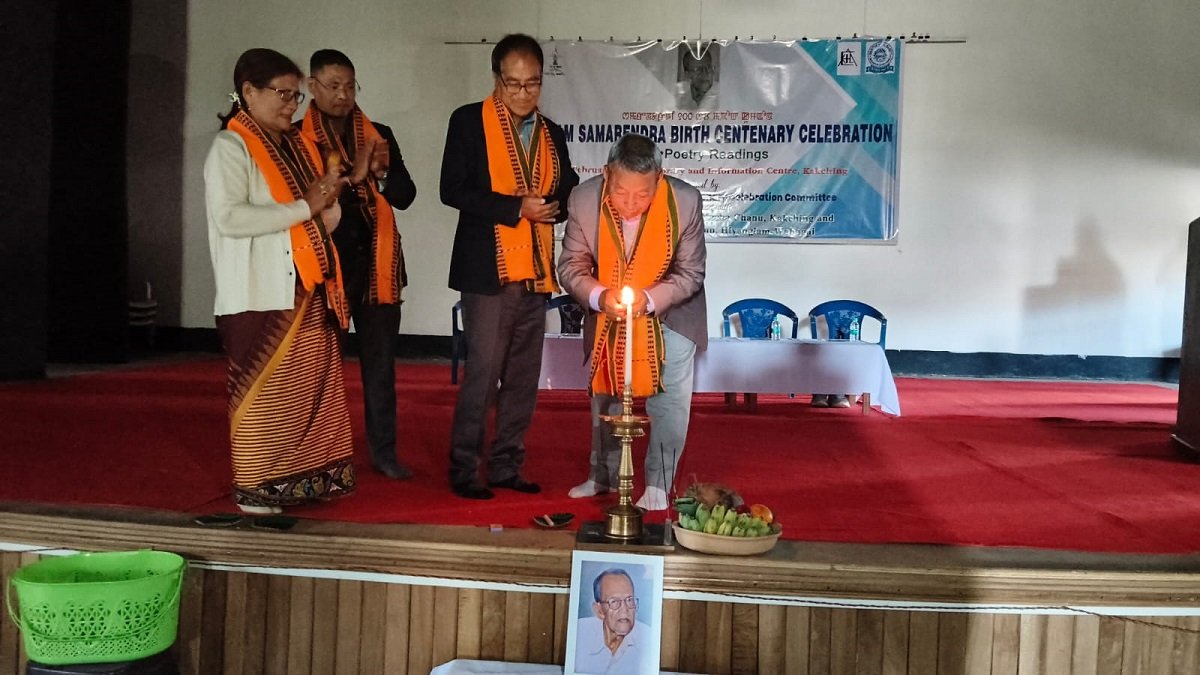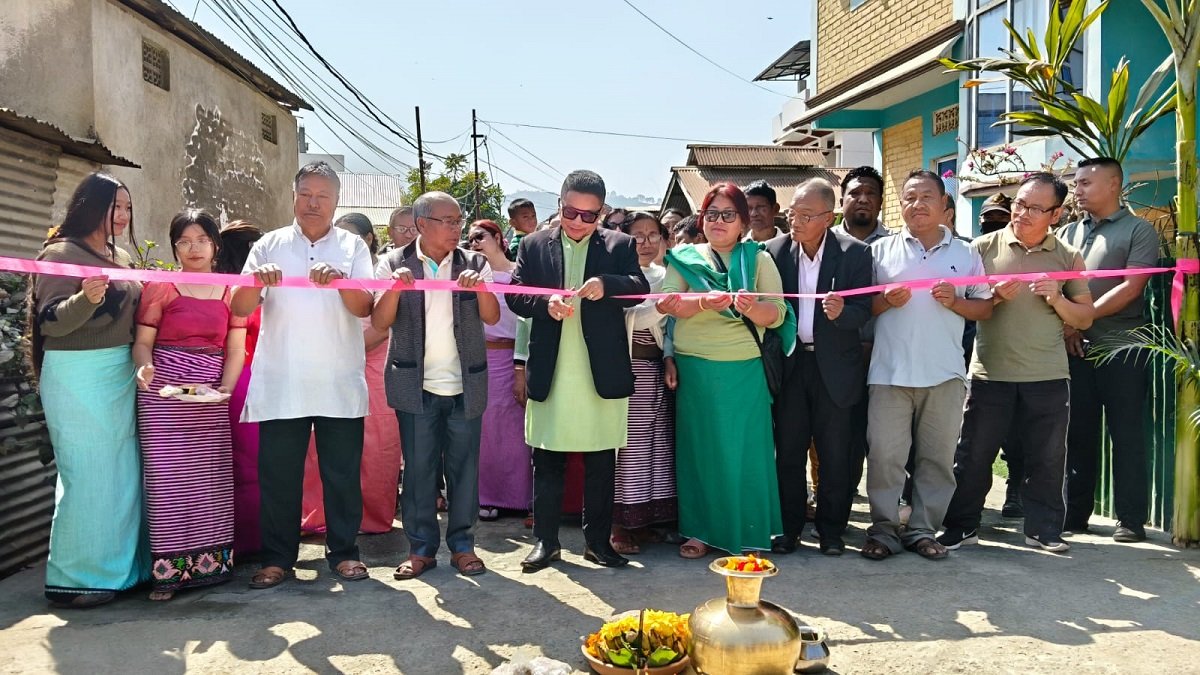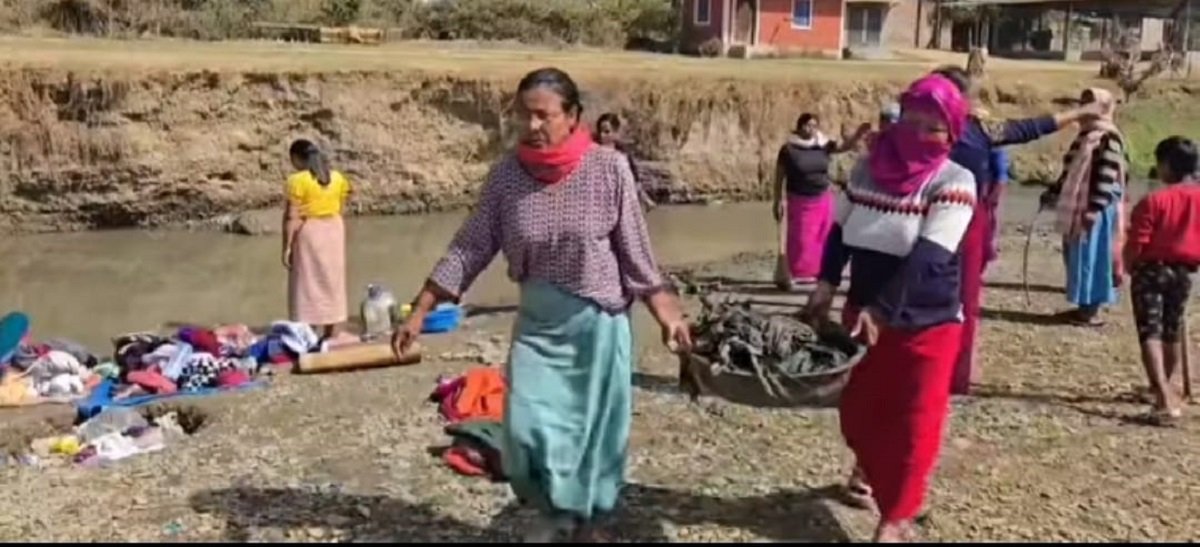An indefinite bandh has been imposed across the Naga-inhabited foothill regions of Manipur by the Foothills Naga Coordination Committee (FNCC), in a strong show of protest against what it calls the unauthorized construction of a road connecting Churachandpur and Kangpokpi districts. The road, commonly referred to as the German or Tiger Road, is reportedly being constructed under the initiative of Kuki-based civil society organisations (CSOs) to establish a direct link between two Kuki-dominated districts without passing through the valley. The bandh began at midnight on July 18 and is being strictly enforced in multiple locations, including Makhan in Kangpokpi district, Tongjei Maril (Old Cachar Road), Dolang Chiru, Tupul to Noney Road, the Tupul-Noney junction, and along the Longsai-Khoupum stretch. Villagers from Naga communities have blocked roads using logs, stones, and temporary barricades.
They are stopping vehicles and checking for passengers from the Kuki community, enforcing the restriction on movement within the foothill areas. The FNCC has raised serious objections to the construction of the road, asserting that it passes through traditional Naga territories without any prior consultation or consent from the local population. “We were never informed. This is a direct violation of our ancestral land rights,” said an FNCC spokesperson, expressing concern over what they perceive as a strategic move to alter traditional land boundaries. The FNCC condemned the road project as part of a broader pattern of land encroachment and demographic expansion by Kuki groups into Naga lands. They also demanded the immediate dismantling of designated camps belonging to Kuki militant groups operating under the Suspension of Operations (SoO) agreement, particularly those located near or within Naga-inhabited areas.
The bandh has drawn support from various Naga civil society organisations (CSOs) in Manipur. The Eastern Liangmai Naga Chief Chairman Association (ELNCCA) issued a statement backing the FNCC and expressing grave concerns over increasing instances of land encroachment and renaming of places within Naga ancestral areas. The ELNCCA alleged that these activities are being carried out without local consultation and are being aided by certain “complicit government agencies” acting under the influence of “Kuki elements.” According to the ELNCCA, such actions not only violate indigenous land rights but also pose a threat to the cultural and territorial integrity of the Naga people. Drawing from history, the association reminded that the Kuki community was given refuge by Naga ancestors when they fled from Burma decades ago. “That gesture of Christian hospitality has now been betrayed,” the association noted, describing the current situation as “territorial aggression” and “a breach of trust.”

